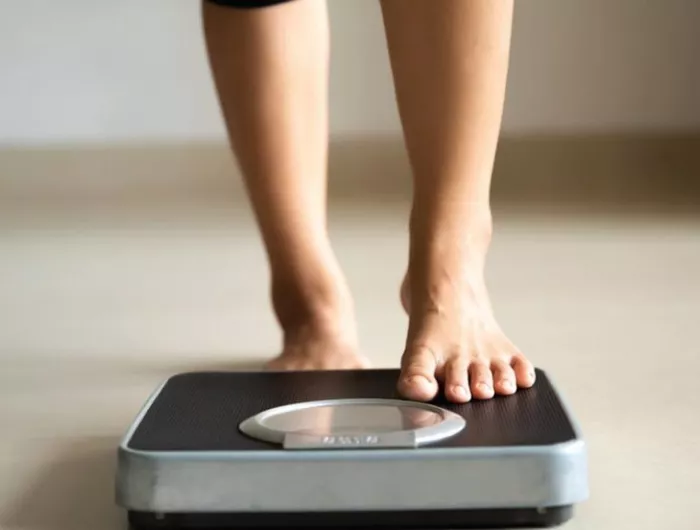If you're trying to lose weight, is it better to do it slowly?

“People who lose weight gradually and steadily (about 1 to 2 pounds per week) are more successful at keeping weight off,” says the Centers for Disease Control and Prevention.
Really?
The best study may upend that widely held belief
“We randomized 200 volunteers with obesity, about 100 to a slow weight-loss group and 100 to a rapid weight-loss group,” explains Joseph Proietto, emeritus professor of medicine at the University of Melbourne in Australia.
- The “slow” group: They were told to cut their usual intake by about 500 calories a day, with a goal of losing about one pound a week.
- The “rapid” group: They consumed only 450 to 800 calories a day, all from meal-replacement drinks.
“The slow group had nine months to lose 15 percent of their body weight,” says Proietto. “The rapid group had to do that in three months.”
By the end of each group’s weight-loss period, “78 percent of the rapid group had achieved their target weight, compared to just 50 percent of the slow group,” says Proietto.
What’s more, 18 people in the “slow” group—but only three in the “rapid” group—had dropped out. Losing weight quickly might motivate people to stick with a program, Proietto points out.
What happened over the next three years
The researchers then tracked those in both groups who had lost at least 12.5 percent of their starting weight. After three years, both had regained, on average, 75 percent of the weight they had lost.
“There were no differences in the amount or the rate of weight regain between the two groups,” notes Proietto.
The bottom line
It’s hard to keep weight off. But you’re no more likely to regain lost pounds if you’ve lost them quickly. And don’t try to slash calories to 450 to 800 a day without a doctor’s supervision.
Photo: Siam/stock.adobe.com.
Tags
Topics
The Latest by Caitlin
Can supplements ward off a cold, the flu, or Covid?
Supplements

Testosterone therapy is all the rage. Is it safe…or effective?
Supplements

Can fire cider really boost health and ward off colds?
Supplements

Don’t let these 7 exercise myths fool you
Physical Activity

What you need to know about sleep apnea
Weight and Health


